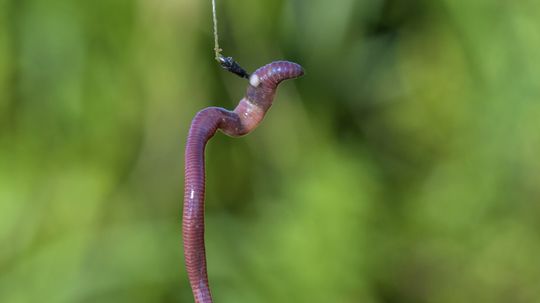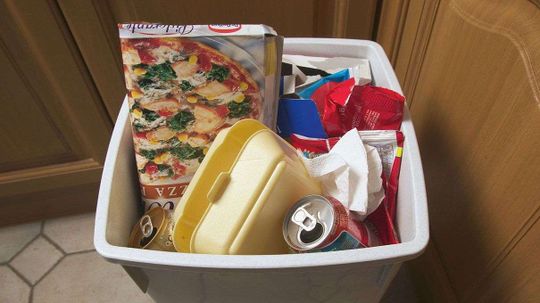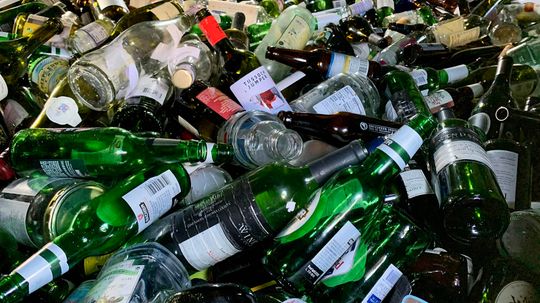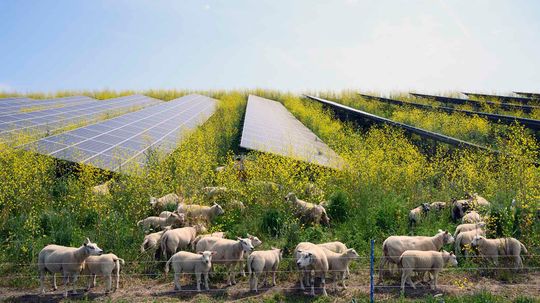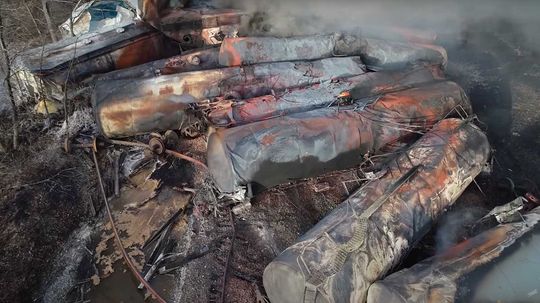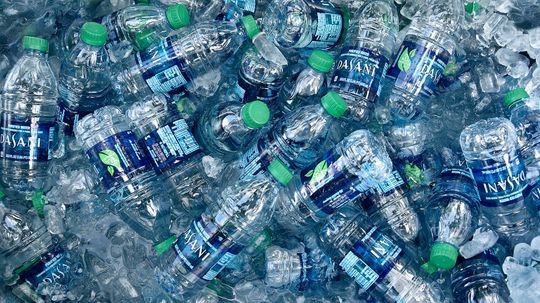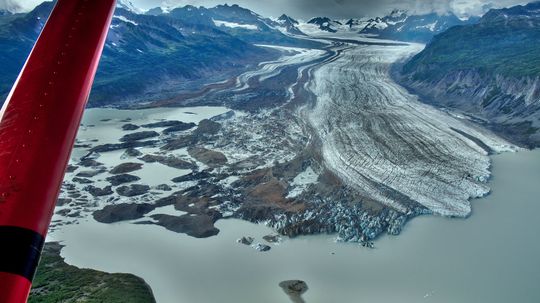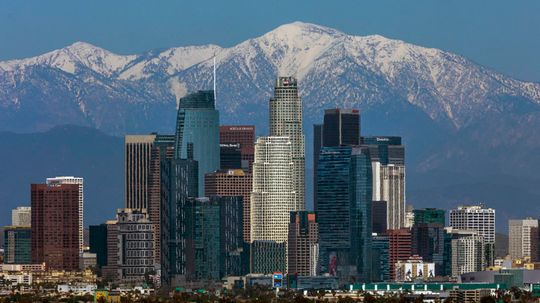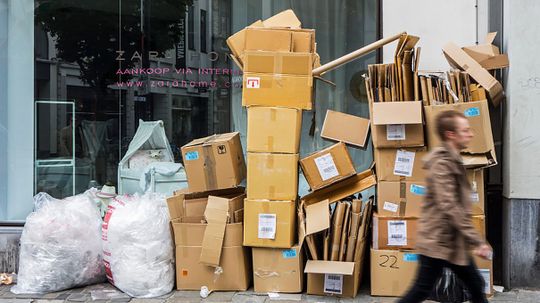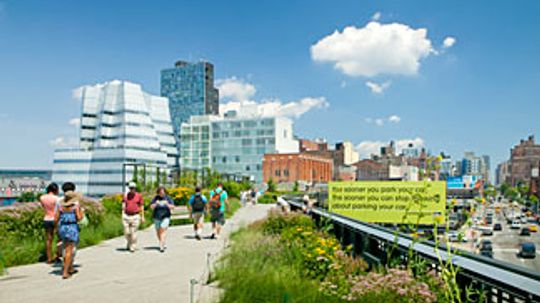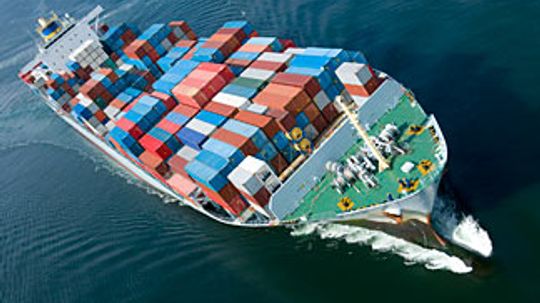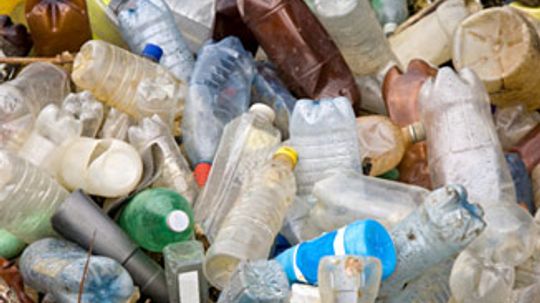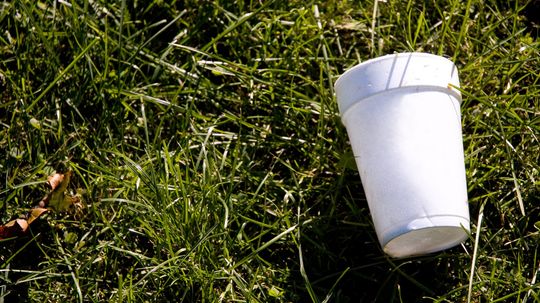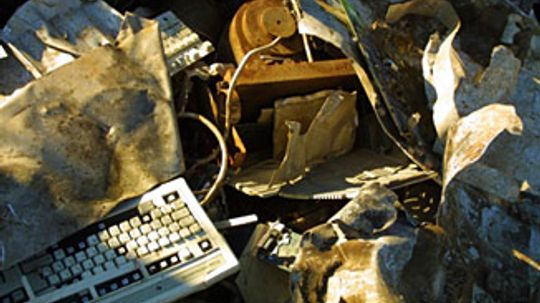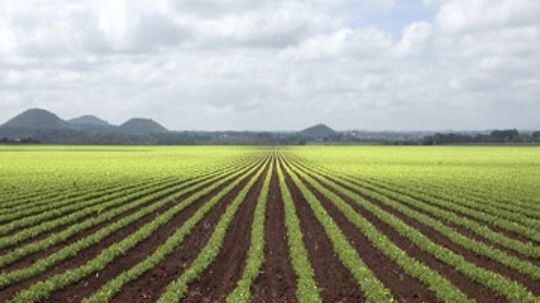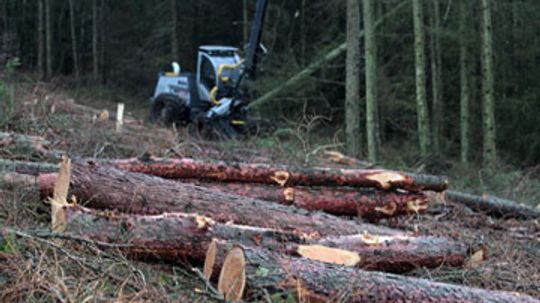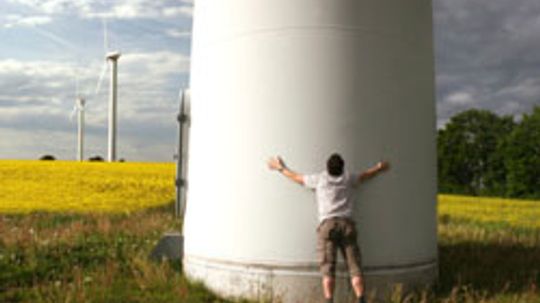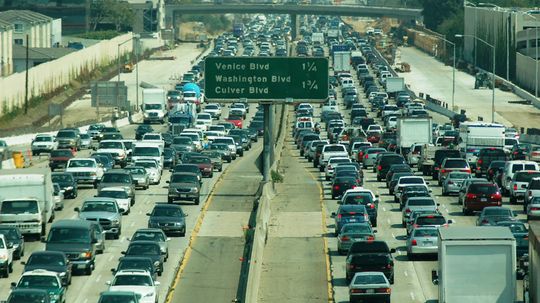Green Science
Green Science is the application of eco-friendly thinking to scientific disciplines. Learn about global warming, pollution and other impacts on nature and the planet, plus what we can do to combat them.
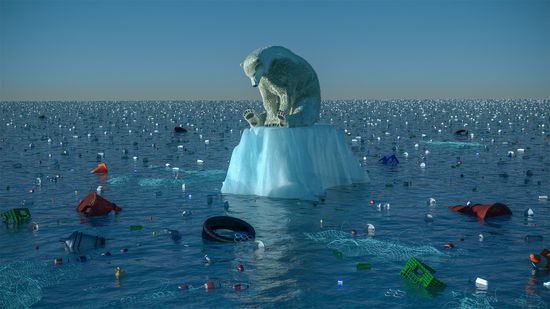
Study Says 2035 Is Climate Change Point of No Return
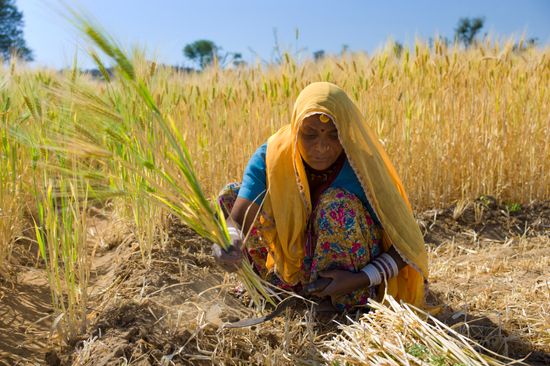
5 Ideas for Doubling the World's Food Supply
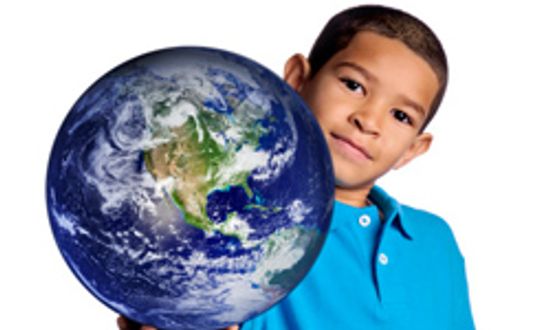
10 Earth Day Activities for Families

What Was the Largest Wave Ever Recorded?
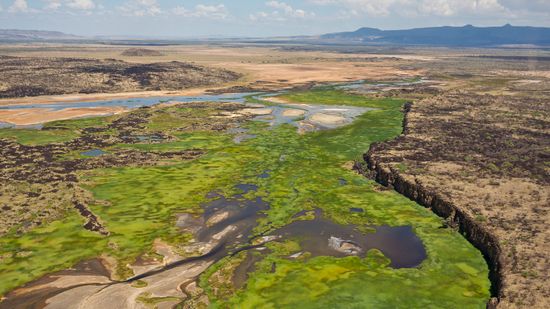
Is Africa Splitting in Two? Really? Here's the Scoop
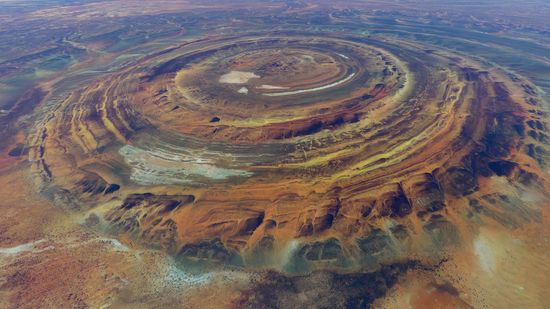
What Exactly Is the Eye of the Sahara, aka the Richat Structure?
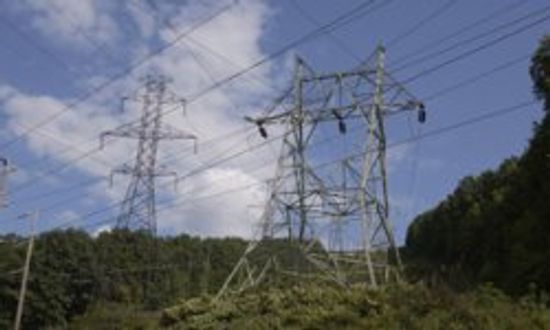
How to Sell Electricity Back to the Grid
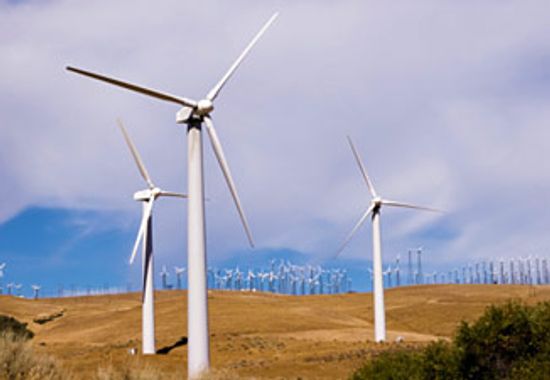
Are there any risks associated with the production of wind energy?

How much energy in a hurricane, a volcano, and an earthquake?
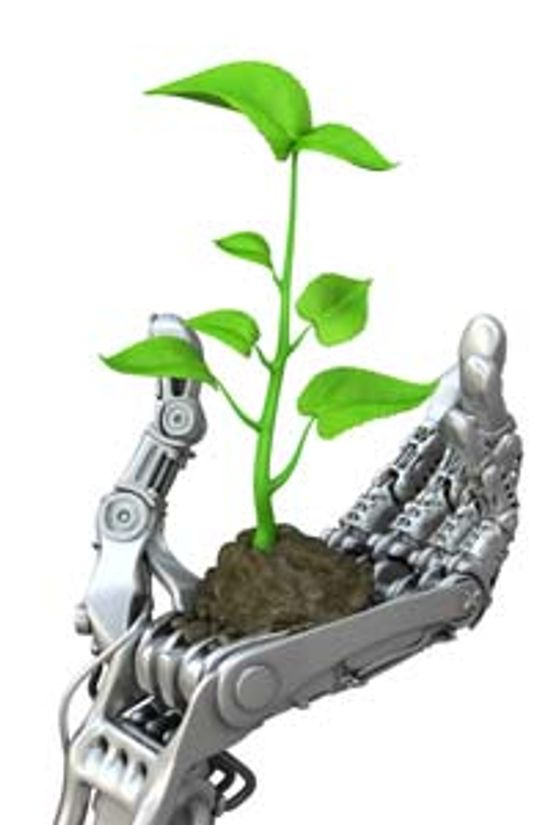
Top 5 Green Robots
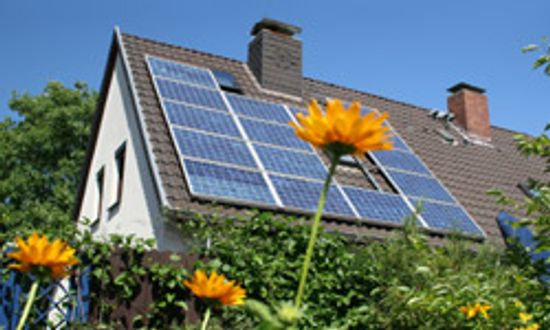
5 Things to Consider When Building a Solar-powered Home

What Uses the Most Electricity in a Home?
Learn More / Page 5
Farming technologies have allowed the world to be fed, even though most people no longer farm. Only 2 percent of Americans are farmers, versus 90 percent in the 1700s. Which tools and technologies have had the most impact on farming and why?
Introducing a new species into an ecosystem can have unforeseen and disastrous consequences for the species that already live there.
When you're camping, it's nice to have a light in your tent. But lanterns can catch fire and flashlights eventually run out of batteries. Does the sun offer a better solution?
By Julia Layton
Advertisement
The experts have seen people trying to recycle bowling balls and curling irons. They call it 'wishful recycling'. But paper and plastic items can be problematic too.
By Dave Roos
Only 25 percent of glass containers used by U.S. consumers were recycled in 2018, the most recent year for statistics. So, why aren't Americans doing better?
The unlikely symbiotic relationship of solar panels and agriculture is known as agrivoltaics. Is it coming to a farm near you?
The disastrous Feb. 3 train derailment contaminated East Palestine, Ohio. We talked to an expert about the potential environmental and health impacts to come.
Advertisement
You may have seen an expiration date on your bottle of water, but why? Can a natural substance like water really go bad?
By Alia Hoyt
Global warming and climate change are terms often treated like synonyms, but they have different meanings. We'll explain the difference and why both are so important to know.
By Mark Mancini
Satellite data shows just how much air quality has improved during the coronavirus crisis, from China, India, Italy and beyond.
Will Amazon's age of home delivery bury the environment in extra boxes? You might be surprised by the answer.
Advertisement
Rising sea levels, increased flood and extreme heat are all signs of climate change. Cities are trying some innovate strategies to cope with and mitigate these events.
By Dave Roos
The idea behind a green transportation infrastructure is one that provides opportunities for people to get around their communities using their own power -- such as walking or biking. In this article we 10 ideas for greener transportation.
By Chris Warren
The transportation sector is the second largest producer of carbon dioxide emissions is the U.S. Is it possible to reduce emissions without stiffing the importing and exporting of goods? You'll discover the answer in this article.
By Dave Roos
Lots of people consider recycling to be kind of a no-brainer, something we all should do. It's good for the environment, it re-uses materials rather than creates new ones, it reduces landfills — the list goes on and on.
Advertisement
Polystyrene -- the plastic used in items ranging from plastic forks to take-out boxes to life rafts -- can be recycled, but not without costs. What does it take to recycle polystyrene?
By John Kelly
What's the smartest step you can take to help reduce pollution and live in a more sustainable way?
By John Kelly
The automobile is one of the most important inventions of the past 150 years. This is not only because it provides convenient personal transport and great independence through mobility, but also because of the problems it can cause.
By Jane McGrath
Landfills have long been the final destination for garbage, but as they start to fill up, we're left to find ways to reduce our waste. What challenges are involved, and why isn't reducing waste as easy as it sounds?
Advertisement
Although a certain amount of carbon dioxide (CO2) occurs naturally in the Earth's atmosphere, there are several human activities that increase levels of the greenhouse gas.
There's no way around it: The world is currently gripped by a global energy crisis. As scientists scramble for answers, hydrogen energy has emerged as a great, yet flawed solution.
As the world deals with a global food crisis, farmers need to figure out how to grow crops in a clean and sustainable way. What does sustainable agriculture accomplish that conventional farming can't?
By Dave Roos
The world's forests hold some of its most precious natural resources -- its trees. Sustainable forestry encourages attention to the forests' long-term health so they retain their value.
Advertisement
In the race to find alternative energy sources, wind power is a strong contender. In fact, it's already making its mark. How much do you know about this up-and-coming energy source?
By Lance Looper
Not only do cars produce a large portion of the world's pollution, but airplanes, boats, trucks, trains and buses also contribute to pollution. Is there one magic solution to pollution?
By Eric Baxter

